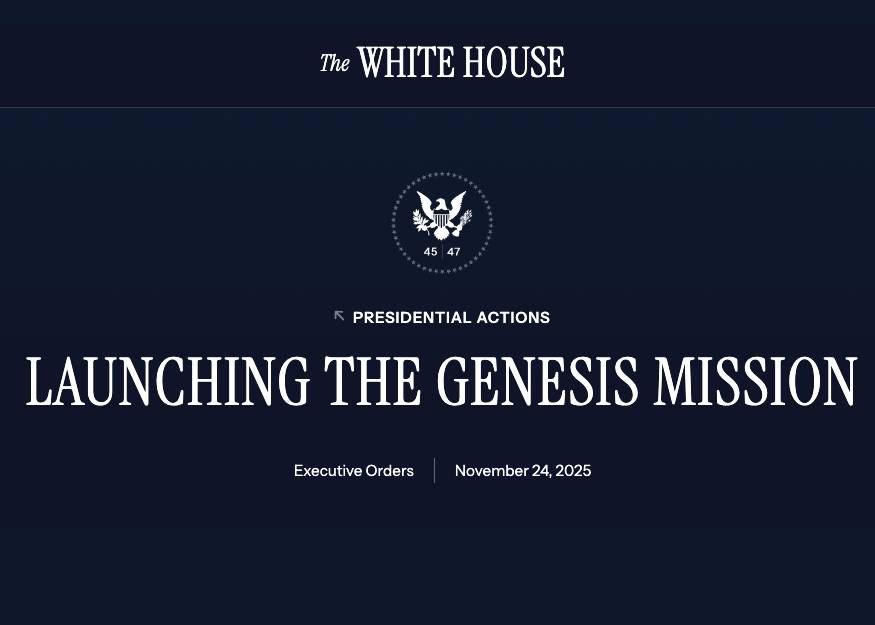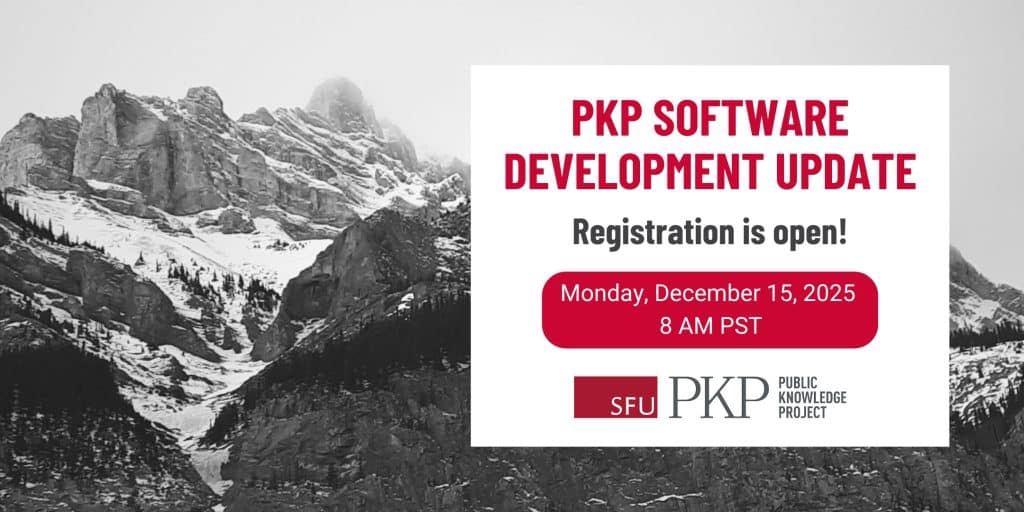
An AI Manhattan Project for Science and Biotech

An AI Manhattan Project for Science and Biotech
The post Hybrid workshop: Extending Knowledge and Publishing Infrastructures in and from Africa appeared first on Copim.

There was another lab working on our “favorite” protein. Not in our building, and not even in our time zone but our questions and models were quite similar. We knew of them through the usual channels: their publications, conference talks. And I do believe they knew of our extensive work too. So when their next paper came out, it was surprising to see that none of our lab’s work was cited. Their omission was not an error.
This blog post is based on the keynote speech delivered by Michelle Jarvis at the Gender Justice in International Criminal Law Conference, held on 29–30 September 2025 in The Hague, the Netherlands. The event was organized in partnership with the Gender Justice Practitioner Hub, Women’s Initiatives for Gender Justice, Legal ... The post 16 Days Activism Against GBV Series | Effective Gender Justice as a Pathway to Peace appeared first on Bliss.
Informationsbudget als Leitungsaufgabe Ein Workshop von Hochschulrektorenkonferenz und open-access.network zur strategischen Steuerung der Open-Access-Transformation Drei Jahre nach den Empfehlungen des Wissenschaftsrates, Informationsbudgets an Wissenschaftseinrichtungen zu etablieren, luden Hochschulrektorenkonferenz und open-access.network Leitungspersonen aus Hochschulen und Forschungseinrichtungen zum Erfahrungsaustausch ein.

Home CHRIS HAUFE FRUITFULNESS REVIEWED BY Samuel Schindler & Patrick M Duerr Fruitfulness Chris Haufe Reviewed by Samuel Schindler & Patrick M Duerr Fruitfulness: Science, Metaphor, and the Puzzle of Promise ◳ Chris Haufe Oxford: Oxford University Press, 2024, £22.99 ISBN 9780197666395 Cite as: Schindler, S. and Duerr, P. M.
🔗Introduction rOpenSci curates packages developed in the R programming language and also offers a well-established peer review process for R packages.

PKP invites those interested in the developments that underpin its scholarly publishing software to join in on December 15th, 2025, for a Development News Update Webinar. This event is open to all our community members.
por Israel Arroyo Juan N. Méndez no es una figura tan conocida como Santos de Degollado, Manuel Doblado o Benito Juárez; pero también llegó a ocupar la presidencia interina de la república en 1876. Tan sólo por este hecho vale la pena resaltar su importancia en el siglo XIX mexicano.
Über Angela Merkels Vorliebe für politisches Mikromanagement via SMS ist viel geschrieben worden. In diesem Zusammenhang stellt sich dann auch die Frage, ob diese SMS archiviert werden sollten.
To be clear up front, these are my personal opinions right now, and while they will influence any future policy I have a hand in writing, they are not the position of the Biopython Project or the Open Bioinformatics Foundation where I hold a leadership role.